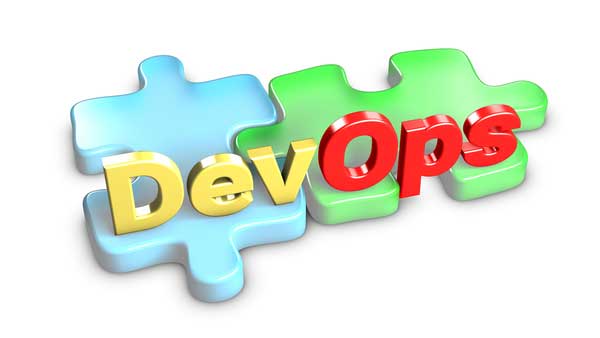Becoming a devops engineer is a popular goal for many developers and IT professionals in 2024. In this comprehensive guide, we will cover everything you need to know about transitioning into a devops engineering role.

What is a DevOps Engineer?
A devops engineer sits between the development and operations teams within an organization. Their main responsibility is to increase collaboration and automate processes between these two groups.
Devops engineers use various tools and technologies to automate the software development life cycle, which includes continuous development, testing, integration, deployment and monitoring. By streamlining these processes, devops improves speed, quality and reliability in producing and deploying software.
Skills Needed to Become a DevOps Engineer
Here are the main technical skills you will need to become proficient in to become a devops engineer:
Linux: You need to be comfortable using the Linux operating system and command line. Many servers run on Linux.
Coding: Python is the most common language, but JavaScript, Go and C# are also used extensively.
Cloud Computing: Certifications in AWS, Azure or GCP are highly valued. These teach operations skills like networking and infrastructure management.
Containerization: Docker and Kubernetes are standard tools used to package and deploy applications as containers.
Infrastructure as Code: Terraform and CloudFormation allow you to manage infrastructure through code.
Configuration Management: Ansible is popular for automating configuration and deployment of resources.
CI/CD Tools: Jenkins is the most widely used tool for continuous integration and delivery pipelines.
Monitoring: Learn a tool like Elastic Stack, Prometheus or Datadog for monitoring and logging.
Career Path for Developers
If you are already a developer looking to transition into devops, focus on learning the operations and automation skills outlined above.
Start thinking about ways to optimize and add automation to your current development workflows. Contribute automated scripts and tools to your team.
Learn Agile methodologies like Scrum to align with devops culture. Understand the full software development lifecycle and how you can help streamline it.
Work on personal projects using devops tools to build out a portfolio showcasing your skills. This will help demonstrate hands-on experience during your job search.
Roadmap for Complete Beginners
Is it possible to go directly into devops without prior development experience? While challenging, it can be done by skipping the traditional web development path and focusing directly on devops technologies.
Here is what you would need to learn:
- Python programming
- Linux administration
- Cloud certifications like AWS Solutions Architect
- Kubernetes and Docker
- Infrastructure as Code tools like Terraform
- Configuration management with Ansible
- Monitoring tools like Elastic Stack
It will take consistent effort and focus on building up a practical portfolio, but it is possible for beginners to attain devops jobs by developing expertise in these areas.
Conclusion
The demand for devops engineers continues to rapidly grow. Whether you are a developer looking to pivot your skills or just getting started in tech, following the guidance above can put you on the path to becoming a qualified devops engineer. Let me know in the comments if you have any other questions!
